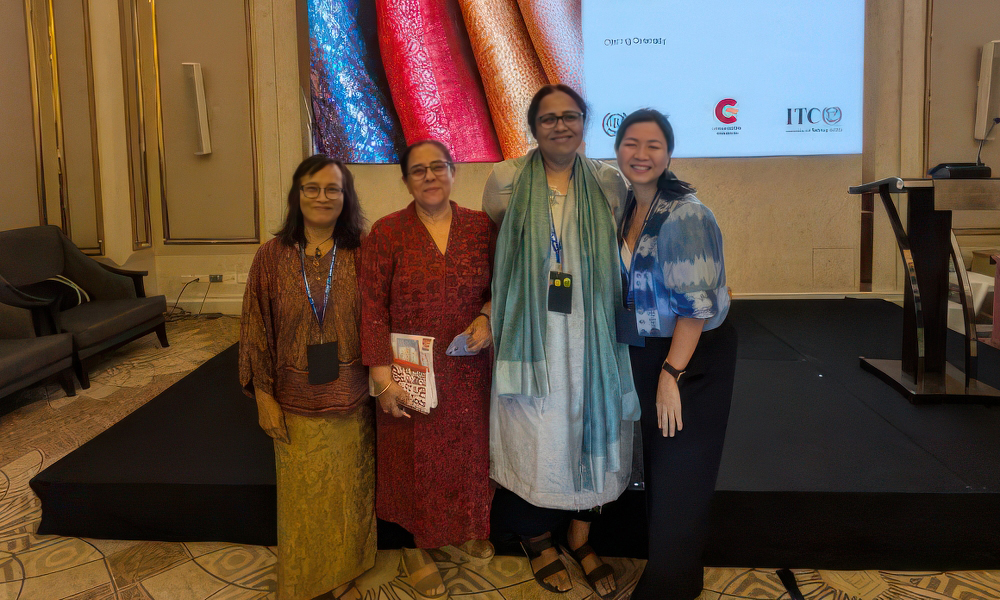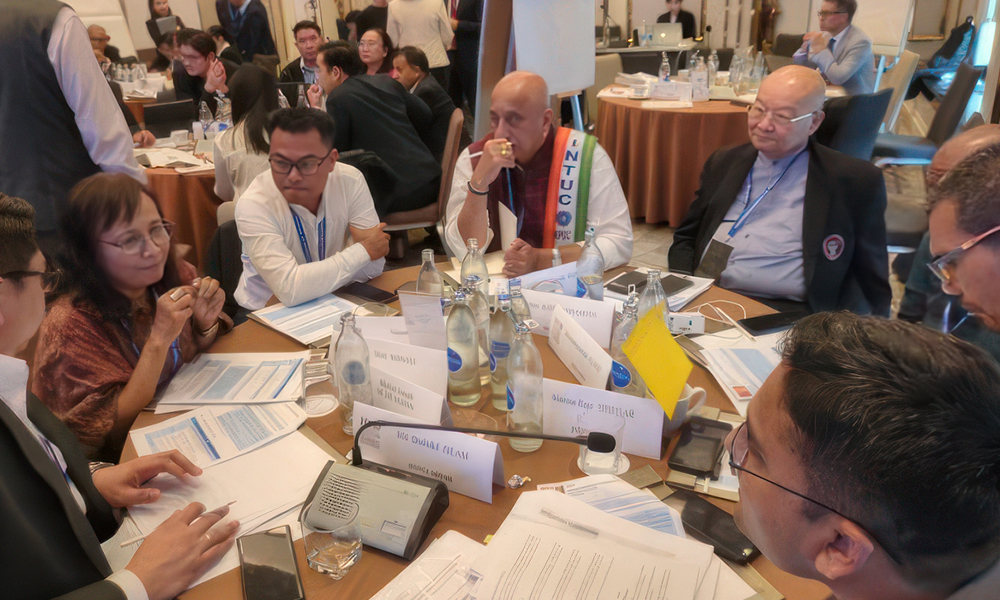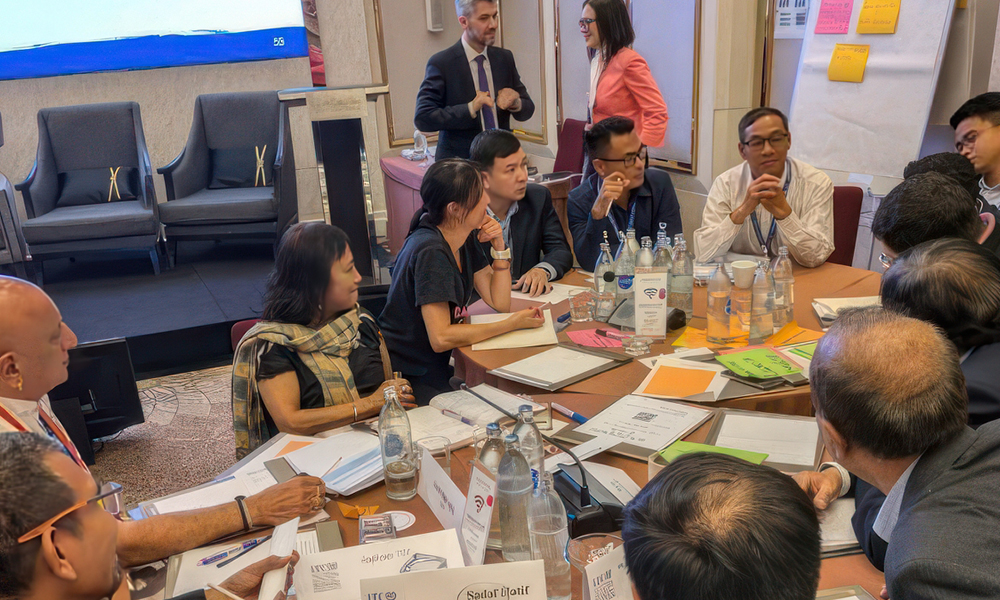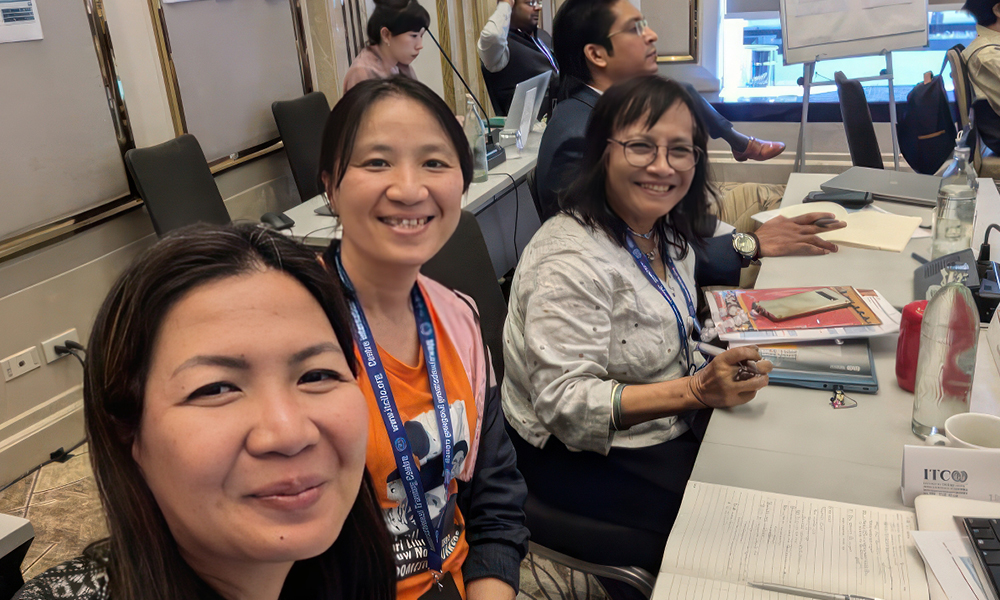By: Suntaree Saeng-ging, Executive Director of HomeNet Southeast Asia
On 26-28 November 2024, in Bangkok, HomeNet Southeast Asia (HNSEA), together with the International Domestic Workers Federation (IDWF), the Self-Employed Women’s Association (SEWA), and Women in Informal Employment Globalising and Organizing (WIEGO), was invited to attend the forum called the “Tripartite Regional Knowledge Sharing Forum – Innovative Approaches to Formalization in Asia and the Pacific,” which was organized by the ILO Asia-Pacific Office. This forum was known as a preparatory process for the International Labour Conference 2025, scheduled for June 2025 in Geneva.
The thematic issues shared with the participants included:
- What has happened since the adoption of Recommendation 204
- Fostering productivity to facilitate the transition to formality
- Leveraging digitalization and e-formalization.
1) Development and monitoring of evidence-based formalization policies, which included data, statistics, and key challenges in measuring informality; 2) Strengthening organization and representation in the informal economy, which is defined to encompass not only trade unions but also other types of organizations and economic units of workers in the informal sectors; 3) Facilitating transitions to formality; 4) Reaching out to workers at risk of exclusion; 5) Reducing decent work deficits and improving productivity in the informal economy; 6) Formalization and new forms of work; and 7) Improving occupational safety and health (OSH) and the role of labor inspection in the informal economy.
It is important to note that trade union status was significant in this context. Without trade union status, HNSEA and IDWF were only invited as observers, while SEWA, which has trade union status, was invited as a participant organization.
During those three days, the key messages delivered by the HNSEA Executive Director, representing the home-based workers’ movement, emphasized the rights of workers in the informal sector to organize unions and engage in collective bargaining, in accordance with ILC 87 and 98. There was also a call to recognize any type of informal workers’ organization—such as associations, cooperatives, or social solidarity enterprises (SSEs)—as legitimate representative organizations of workers and to include them in the tripartite system. Another message advocated for expanding the social security scheme of every country to cover all workers in the informal economy sectors.






